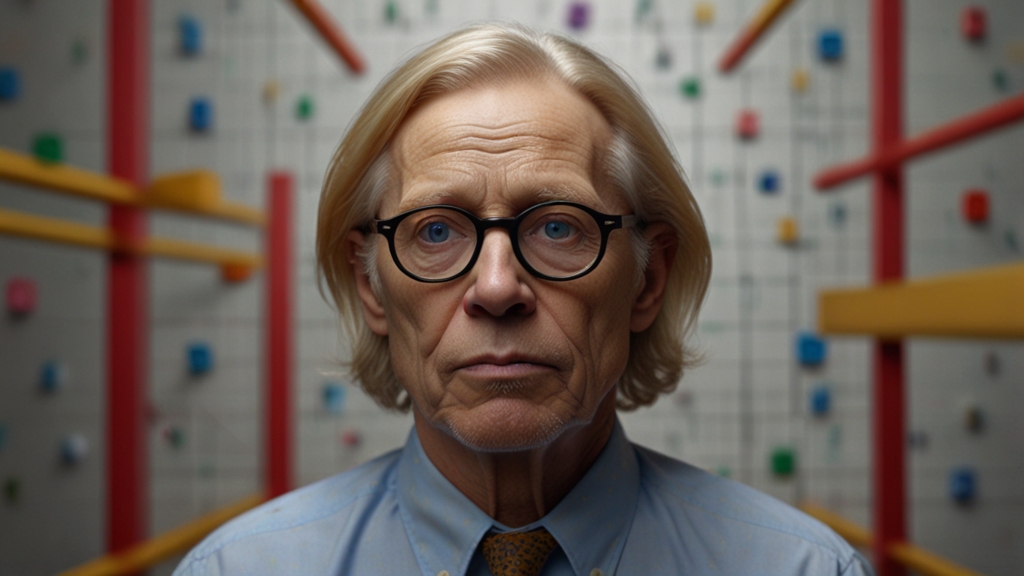The Extraordinary Health Benefits of Ancient Egyptian Practices
The allure of ancient Egyptian culture extends far beyond the pyramids and the Sphinx. Among their many achievements, the ancient Egyptians established sophisticated practices that had profound health benefits, many of which hold relevance even today. From their holistic approaches to medicine to their dietary insights, the ancients were pioneers in promoting wellness and longevity.
Holistic Medicine and Surgery
The ancient Egyptians believed in a holistic approach to health that combined physical, mental, and spiritual well-being. Their understanding of the human body and its ailments was surprisingly advanced. Physicians, often referred to as 'swnw,' practiced a form of medicine that was an integration of observation, diagnostic techniques, and natural remedies.
“Let food be thy medicine and medicine be thy food.” - Hippocrates
This Egyptian influence extended to Greek physicians like Hippocrates, who echoed similar sentiments. The ancients employed a variety of herbal treatments and surgical procedures. Evidence from mummies shows that they practiced advanced dentistry and even brain surgery, such as trepanation, with a degree of success that rivals modern methods.
Herbal Remedies and Natural Medicines
Herbs played a crucial role in Egyptian health practices. They utilized plants like garlic for its antibacterial properties, aloe vera for healing wounds, and castor oil for digestive issues. The 'Ebers Papyrus,' one of the oldest medical texts, lists hundreds of plant-based remedies still used in herbal medicine today.
The practice of aromatherapy also has roots in ancient Egypt. Oils such as frankincense and myrrh were used not only in religious ceremonies but also for their therapeutic properties, including anti-inflammatory and antiseptic benefits. The benefits of these natural oils are now well-documented in modern alternative medicine.
Dietary Insights
The Egyptians placed great importance on diet and its role in maintaining health. Their diet included a variety of fruits, vegetables, grains, and proteins. They recognized the value of a balanced diet, rich in nutrients, which prevented common ailments and promoted long life.
Interestingly, beer and bread were staples of the Egyptian diet. The bread was often made from barley, and beer was brewed as a nutritious beverage rich in vitamins and minerals. While we may see alcohol consumption as detrimental today, the ancient Egyptian beer had lower alcohol content and higher nutritional value.
Mind-Body Connection
The ancient Egyptians also appreciated the connection between the mind and body. They engaged in practices akin to modern meditation and mindfulness, observing rituals that allowed for mental clarity and emotional well-being. This understanding of the psychosomatic relationship is crucial for today's holistic health approaches.
Public Health and Sanitation
Sanitation and public health were well-organized in ancient Egypt. They understood the importance of cleanliness, which included regular bathing and the use of natron salts to preserve hygiene. Their approach to public health also included the systematic disposal of waste and the use of mosquito nets to prevent disease.
“The prevention of disease and the cure of the sick is a work of skill and good sense.” - Ancient Egyptian Proverb
Priest-physicians of ancient Egypt often combined medical knowledge with spiritual practices, emphasizing the importance of both preventive measures and effective treatments. Their approach was multi-faceted and illustrates the depth of their understanding of health and disease.
Conclusion
The ancient Egyptians were remarkable in their holistic approach to health and wellness. Their practices, many rooted in natural remedies and a deep understanding of the human body, continue to influence modern medicine. By integrating dietary wisdom, herbal medicine, surgical techniques, and an appreciation for the mind-body connection, the ancient Egyptians set a foundation that modern health practices continue to build upon.
The legacy of their health practices serves as a reminder of the enduring power of nature-based remedies and the importance of a balanced approach to physical, mental, and spiritual well-being. As we navigate the complexities of modern living, the ancient Egyptians offer timeless lessons in nurturing health through natural and holistic means.


